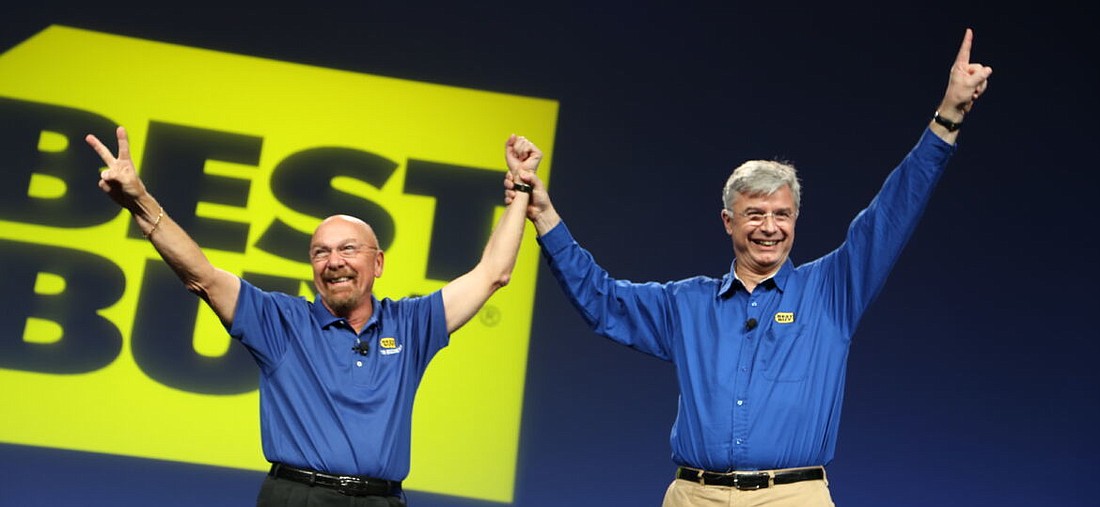- December 15, 2025
-
-
Loading

Loading

Hubert Joly, a top executive for some of the world’s most notable brands, tells a funny story about how a workplace culture that considers vulnerability a weakness can be a disaster. Joly comes to the story — and recognizes its value — from a transformational success he helped engineer at electronics retailer Best Buy, where the company overcame several competitive and industry obstacles during his tenure.
The scene: Alan Mulally had just been named CEO of Ford in 2006, when the automaker was projected to lose $17 billion for the year. Joly says his friend Mulally set up a traffic light color-code system for weekly business plan review meetings: green when things are on track; amber when things are bad but a plan is underway to fix it; and red when performance is off — with no plan to fix it. (Joly told me this story in a zoom call; it’s also recounted in a recent book he wrote on leadership.)